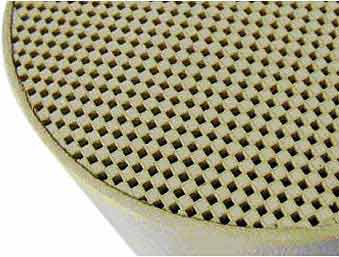
Replacement DPF Filters (Diesel Particulate “Particle” Filter)
What is a DPF A Diesel Particulate Filter, also known as a DPF is a filter designed and integrated into the exhaust system of diesel vehicles to trap and safely remove Diesel Particulate Matter or Soot from the exhaust gasses. The aim of the DPF is to remove…
